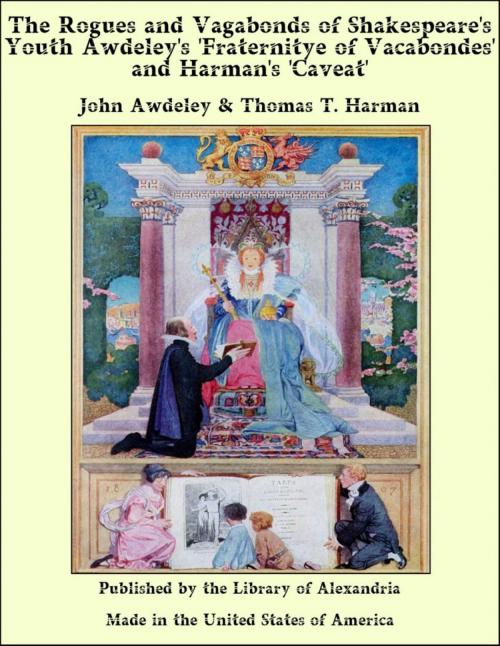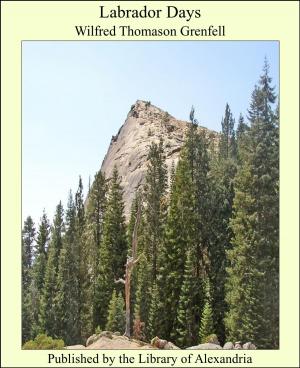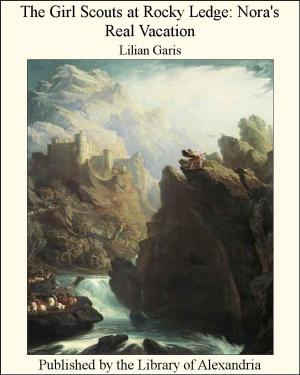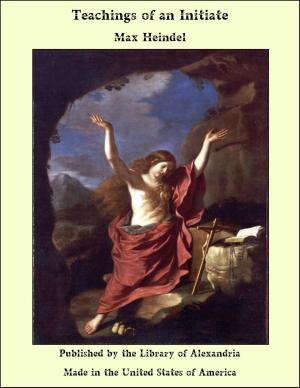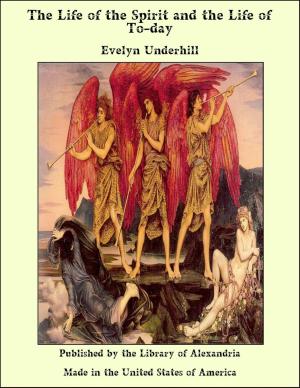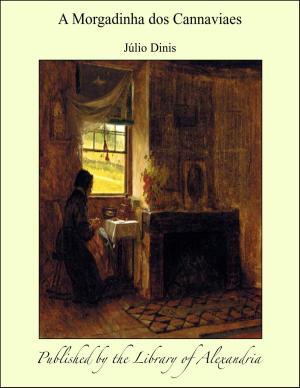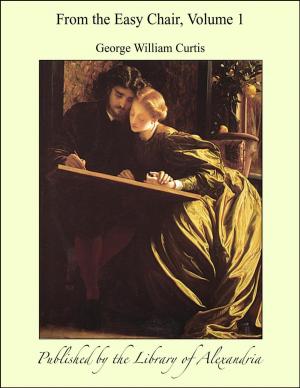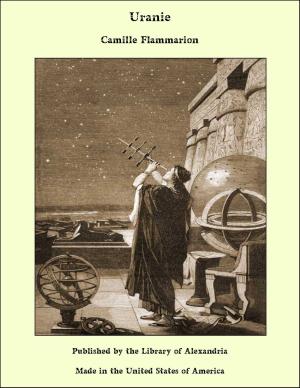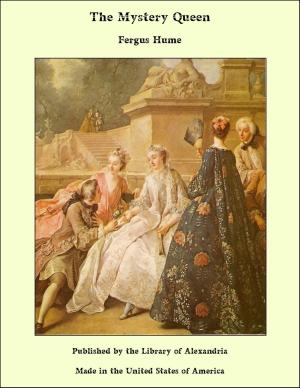The Rogues and Vagabonds of Shakespeare's Youth Awdeley's 'Fraternitye of Vacabondes' and Harman's 'Caveat'
Nonfiction, Religion & Spirituality, New Age, History, Fiction & Literature| Author: | John Awdeley, Thomas T. Harman | ISBN: | 9781465588081 |
| Publisher: | Library of Alexandria | Publication: | March 8, 2015 |
| Imprint: | Language: | English |
| Author: | John Awdeley, Thomas T. Harman |
| ISBN: | 9781465588081 |
| Publisher: | Library of Alexandria |
| Publication: | March 8, 2015 |
| Imprint: | |
| Language: | English |
If the ways and slang of Vagabonds and Beggars interested Martin Luther enough to make him write a preface to the Liber Vagatorum[1] in 1528, two of the ungodly may be excused for caring, in 1869, for the old Rogues of their English land, and for putting together three of the earliest tracts about them. Moreover, these tracts are part of the illustrative matter that we want round our great book on Elizabethan England, Harrison'sDescription of Britain, and the chief of them is quoted by the excellent parson who wrote that book. The first of these three tracts, Awdeley's Fraternitye of Vacabondes, has been treated by many hasty bibliographers, who can never have taken the trouble to read the first three leaves of Harman's book, as later than, and a mere pilfering from, Harman's Caueat. No such accusation, however, did Harman himself bring against the worthy printer-author (herein like printer-author Crowley, though he was preacher too,) who preceded him. In his Epistle dedicatory to the Countes of Shrewsbury, p. 20, below, Harman, after speaking of 'these wyly wanderers,' vagabonds, says in 1566 or 1567, There was a fewe yeares since a small bréefe setforth of some zelous man to his countrey,—of whom I knowe not,—that made a lytle shewe of there names and vsage, and gaue a glymsinge lyghte, not sufficient to perswade of their peuishe peltinge and pickinge practyses, but well worthy of prayse.
If the ways and slang of Vagabonds and Beggars interested Martin Luther enough to make him write a preface to the Liber Vagatorum[1] in 1528, two of the ungodly may be excused for caring, in 1869, for the old Rogues of their English land, and for putting together three of the earliest tracts about them. Moreover, these tracts are part of the illustrative matter that we want round our great book on Elizabethan England, Harrison'sDescription of Britain, and the chief of them is quoted by the excellent parson who wrote that book. The first of these three tracts, Awdeley's Fraternitye of Vacabondes, has been treated by many hasty bibliographers, who can never have taken the trouble to read the first three leaves of Harman's book, as later than, and a mere pilfering from, Harman's Caueat. No such accusation, however, did Harman himself bring against the worthy printer-author (herein like printer-author Crowley, though he was preacher too,) who preceded him. In his Epistle dedicatory to the Countes of Shrewsbury, p. 20, below, Harman, after speaking of 'these wyly wanderers,' vagabonds, says in 1566 or 1567, There was a fewe yeares since a small bréefe setforth of some zelous man to his countrey,—of whom I knowe not,—that made a lytle shewe of there names and vsage, and gaue a glymsinge lyghte, not sufficient to perswade of their peuishe peltinge and pickinge practyses, but well worthy of prayse.
